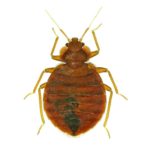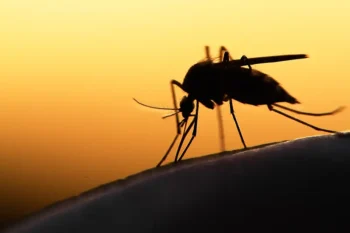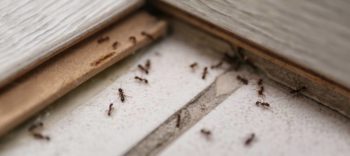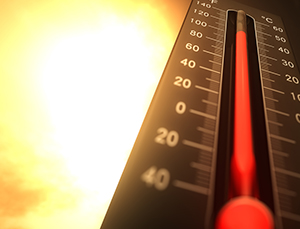
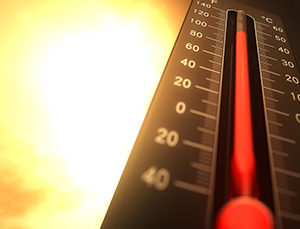 The planet is heating-up. We can debate the reason(s) for this phenomenon but it remains a fact that yearly temperatures are increasing. This fact may cause insect and rodent pests to extend their activity periods to reflect the warmer average temperatures.
The planet is heating-up. We can debate the reason(s) for this phenomenon but it remains a fact that yearly temperatures are increasing. This fact may cause insect and rodent pests to extend their activity periods to reflect the warmer average temperatures.
Insects typically are comfortable in a wide temperature range similar to people. Above 95 degrees F. insects begin to slow down. Below 35 degrees F. and some insects go into diapause – a form of hibernation. Clearly, there are some species of insects that can tolerate temperatures outside these ranges. Some insects remain alive below 32 degrees F. by producing a metabolic “antifreeze.” When the temperature rises, the insects “thaw-out” and return to normal life activity.
When seasonal changes occur, insects will respond accordingly. As we experience extended periods of warm weather, insects will simply remain active longer.
This means a longer period of human exposure to pest activity. This may translate into an increased chance of bites and stings and an increase in human exposure to arboviruses (insect-borne disease) like Zika, Dengue, and other mosquito-borne infections.
It has been suggested that global warming may permit certain insect species to extend their natural range and become established in areas where they have never occurred before. This could result in human exposure to unfamiliar insect and rodent borne diseases. This will present a significant public health and pest management challenge.
Mike Deutsch MS, BCE
Urban Entomologist
Arrow Exterminating Company, Inc.
——
Are you looking for safe and effective Long Island Pest Control? Arrow Exterminating Company can help! Schedule your free consultation today.

